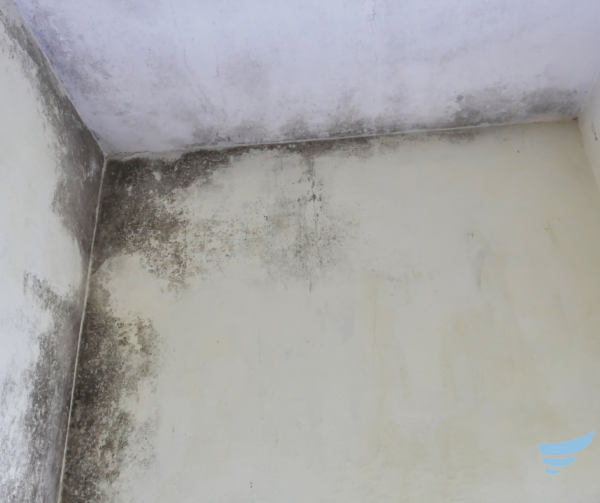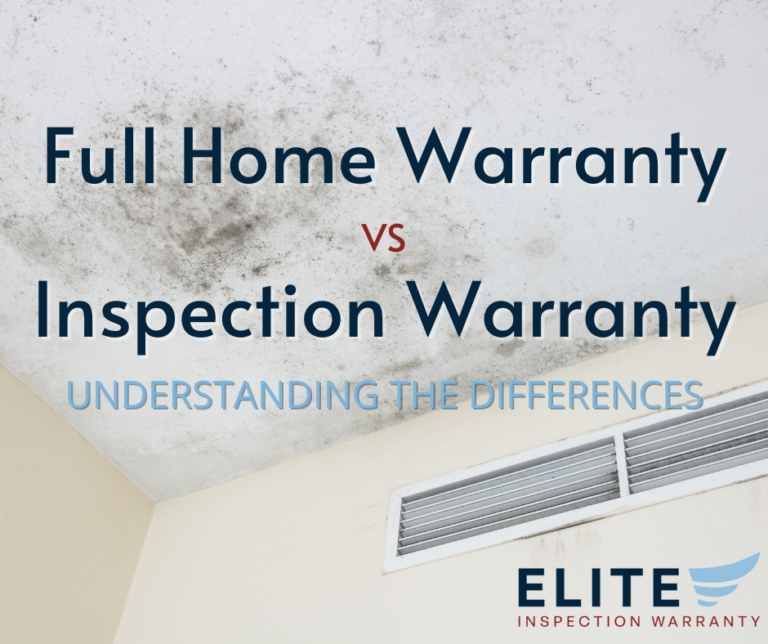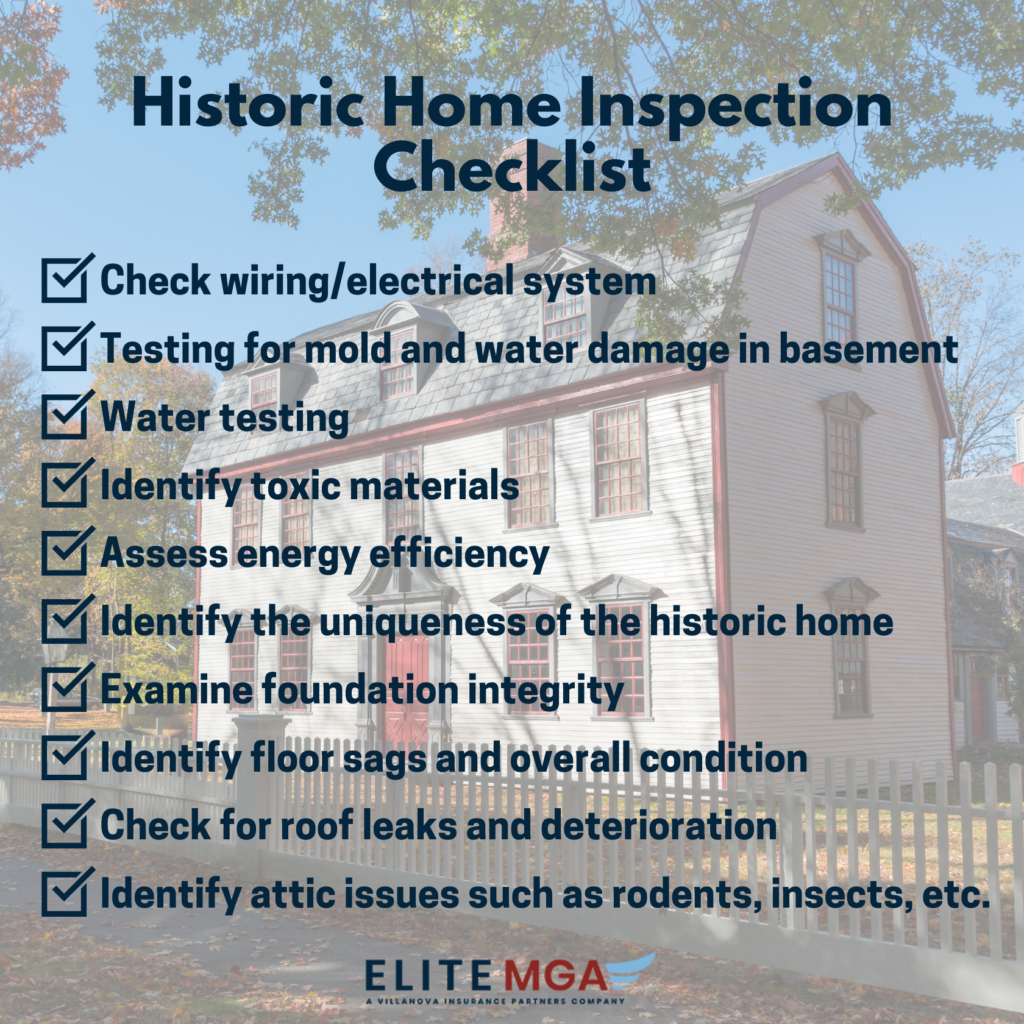When it comes to protecting your home and the systems within it, warranties play a crucial role. Two common types are the full home warranty and the inspection warranty. While they may seem similar at first glance, there are several significant differences between them. Understanding the differences between a full home warranty and an inspection warranty can help you make informed decisions about protecting your investment.
What Is an Inspection Warranty?
An inspection warranty is specifically tied to the findings of a home inspection. This means it only covers specified elements that have been inspected and reported to be without deficiencies. Essentially, if the inspection report indicates that a system or component is in good working order at the time of the inspection, it will be covered under the inspection warranty. Inspection warranty provides structural components, major mechanical systems, certain appliances, and peace of mind by ensuring that eligible repair expenses for issues that may develop after the inspection are covered. Avoid costly surprises, follow our Home Inspection Checklist.
What Is a Full Home Warranty?
On the other hand, a full home warranty is not limited to elements included in a home inspection. It typically covers a wide range of systems and appliances within the home, some of which are not inspected as part of a standard home inspection, such as HVAC systems, Kitchen appliances( refrigerators), ceiling fans, door chimes, garbage disposals, Plumbing and electrical systems washers and dryers, and Water heaters. A full home warranty is designed to protect homeowners from unexpected repair costs by providing coverage for a broad array of items over a period of 12 months or more.
Key Differences Between a Full Home Warranty and an Inspection Warranty
Differences in Home Inspection & Inspection Warranty Coverage Details
In addition to covering inspected elements, some inspection warranties offer coverage for issues not commonly included in a full home warranty. Depending on the plan, this can include roof leaks and mold remediation. These additional coverages can be particularly beneficial, as they address expenses that can be sudden and costly.
While a full home warranty provides extensive coverage for various home systems and appliances, it usually does not cover specific issues like roof leaks or mold. The focus is more on the overall functionality of the home’s essential systems.
Differences in Repair Coordination and Reimbursement

With an inspection warranty, the homeowner is typically reimbursed for repair costs. This means that the homeowner must first arrange for the repair, pay for it out-of-pocket, and then submit a claim for reimbursement. This approach gives homeowners more control over who performs the repair but requires them to manage the process.
In contrast, many full home warranties take on the responsibility of coordinating the repair. The warranty company will arrange for a qualified service technician to perform the necessary work. This can simplify the process for homeowners, as they do not have to search for a contractor or handle upfront repair costs.
Differences in the Deductibles and Service Fees
| Inspection Warranty | Full Home Warranty |
| Inspection warranties generally do not include deductibles or service fees. | Conversely, full home warranties typically charge a deductible or service fee per claim. This fee is paid directly to the technician at the time of service, and it helps cover the cost of the repair or replacement. |
Terms of Full Home Warranty and Inspection Warranty
| Inspection Warranty | Full Home Warranty |
| Inspection Warranties are generally limited to the first 30-60 days after closing. | Full Home Warranty terms are typically 12-month terms while some may offer terms up to 18 months. |
Protection for Homeowners: Full Home Warranty and Inspection Warranty
In summary, while both full home warranties and inspection warranties provide valuable protection for homeowners, they do so in different ways. An inspection warranty is closely tied to the findings of a home inspection and may offer additional coverage for specific issues like roof leaks and mold for a shorter term. It allows homeowners to manage repairs and seek reimbursement. A full home warranty is not limited to inspected elements, the warranty company is usually involved in coordinating repairs, charges a service fee or deductible and the term is a minimum of 12 months.
Inspection Warranties are generally provided by the home inspector at no cost to the consumer. Full home warranties are either provided by a home seller as part of a real estate transaction or purchased by homeowners at their own cost. Both services play a meaningful role in protecting homeowners from unforeseen repairs throughout the homeownership journey.






